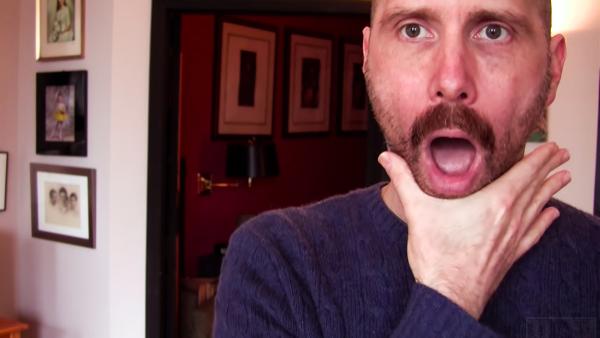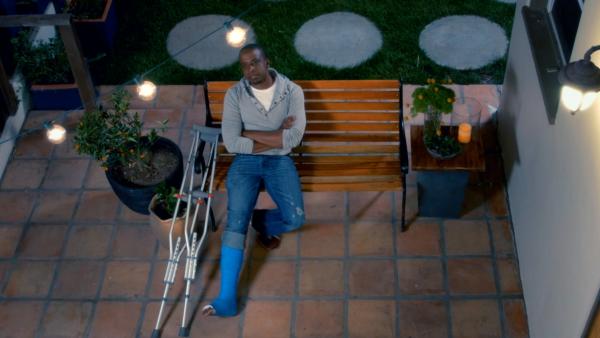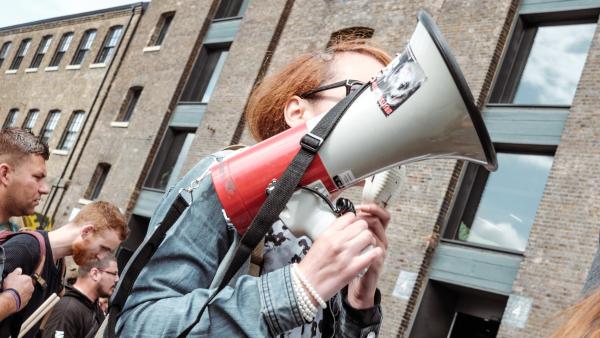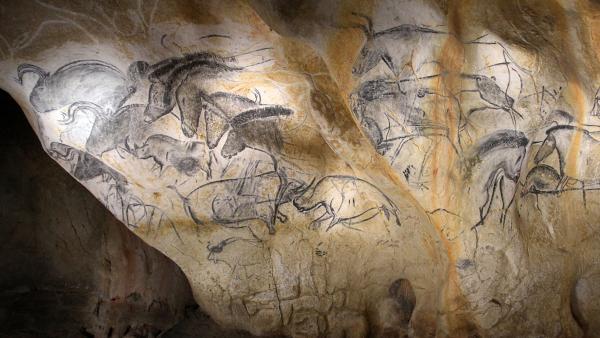David Thorpe is a filmmaker who went in search of his voice. For his documentary "Do I Sound Gay?" he investigated why he and many other gay men ended up with a "gay voice"—one with precise enunciation and sibilant "s" sounds.
Culture
Before and since Keith Powell's breakthrough role as Toofer on the sitcom "30 Rock," he has confronted Hollywood's penchant for stereotyping black male voices.
We confront the politics of the voice, from stereotyping to vocal fry. And we also talk to a soundscape ecologist who listens—perhaps closer than anyone—to the voices of the natural world.
In Japan, there is a name for extreme gratitude — Naikan. Gregg Krech is dedicated to the practice, and he thinks holidays should be less about running around making everything perfect and more about inner reflection.
Writer Haddayr Copley-Woods says she's been trying to figure out how to deal with unsolicited help since she was first diagnosed with multiple sclerosis. For the helpers, it’s a nice thing to do. For her, it’s patronizing.
Talking about diversity is not always easy, but poet and writer Sofia Samatar believes it's crucial. She believes institutions should focus less on meeting quotas, and instead foster open and nuanced conversations about difference.
Checking someone else’s privilege can be a form of hostility. Checking your own can be an act of humility. Does anyone actually benefit from talking about privilege? This hour, the benefits and drawbacks of talking about privilege.
Renowned filmmaker Werner Herzog was awe-struck when he saw the Chauvet cave paintings dating back 32,000 years. "You can see clearly that this is the beginning of modern man," he says.








